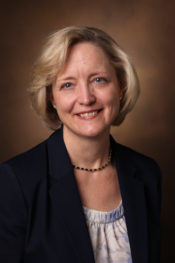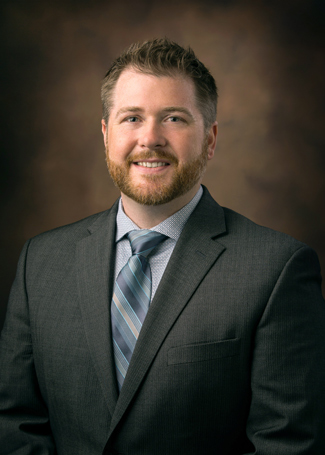To bolster Vanderbilt’s international impact and visibility, the provost has announced strategic initiatives designed to strengthen the university’s global reach—a global visiting scholars program, streamlined and updated administrative processes, and a strategic framework for amplified cross-college coordination. In addition, an international communications strategy is being developed by the Division of Communications to enhance Vanderbilt’s global profile.

“Vanderbilt’s Academic Strategic Plan makes clear our commitment to advance discovery and learning in service to humanity, addressing challenges big and small, local to global,” Provost and Vice Chancellor for Academic Affairs Susan R. Wente said. “To fulfill our vision, we must be internationally engaged. These initiatives will further the global impact of the important work being done here at Vanderbilt and ensure Vanderbilt is known around the world for our academic achievements and contributions to society.”
These new initiatives flow from recommendations made by a recent report from the International Strategy Working Group and also support goals of other campus programs. Research conducted by the working group showed significant potential for the expansion of international engagement, with 88 percent of those surveyed actively engaged or interested in international research or collaboration. In a given year, faculty visit more than 40 countries around the world. The university is currently home to 15 programs, centers and institutes with an international focus, and many more are internationally engaged. Additionally, more than 1,800 international students and scholars come to campus each year.
The new global scholars program will expand on this activity, establishing campus residencies for visiting prominent scholars who can make substantial contributions to faculty projects and student education. “We imagine a mutually beneficial experience, where students are enriched by these scholars from around the world, and those scholars in turn are enriched during their time at Vanderbilt and go on to serve as ambassadors for the work we do here,” Wente said.
An iconic 20-story tower, part of the new residential college under construction at the corner of 25th Avenue South and West End, will include apartments and meeting spaces for the visiting faculty and prominent world leaders. The visiting global scholar concept has natural synergies across campus, complementing similar proposals by the Vanderbilt University Research Council, the Chancellor’s Humanities Committee and the Graduate Education and Research Endowment planning committee. Wente plans to appoint an advisory committee this summer to develop the implementation plan for the scholars’ program.
To further support international efforts, the on-campus model for managing administrative support for international research and scholarship will be evaluated looking at best practices.
Wente said her office will actively explore institutional arrangements ranging from an overarching center or institute to executive leadership, with the goal of designing a strategic framework for identifying and supporting synergies and potential collaborations on campus and creating additional opportunities for international engagement.
In addition, Vanderbilt has been making strides to streamline administrative processes for international research. For example, in the last year, concerted efforts have resulted in a 71 percent drop in visa processing time and a much clearer and faster export control process. Other administrative processes and procedures, ranging from bringing guests to campus to facilitating faculty travel and research overseas, are being evaluated.
An internal communications plan will be developed to ensure that faculty and staff stay up to date on further administrative improvements by the Office of the Vice Provost for Research as well as providing a gateway for suggestions.
The international communications strategy under development by the new Division of Communications will strengthen international recognition of Vanderbilt University as a premier research and academic institution.

“Our goal is to ensure widespread understanding of the extraordinary work and achievements that have become the norm here at Vanderbilt,” said Steve Ertel, vice chancellor for communications. “Through strategic engagement and storytelling, we can continue to attract great minds to our community, increase global collaboration and draw additional support for our mission of teaching and discovery.”
Ertel added that this work aligns closely with the ongoing work of the Committee on Enhancing Faculty Voices in the Public Sphere, chaired by Professor of Law Ganesh Sitaraman, to develop a program to support Vanderbilt faculty in furthering the impact of their achievements by communicating their research to broader audiences.
The Vanderbilt community can find the working group report, track action items related to Vanderbilt’s international strategy, and submit feedback on dedicated pages within the Academic Strategic Plan website.